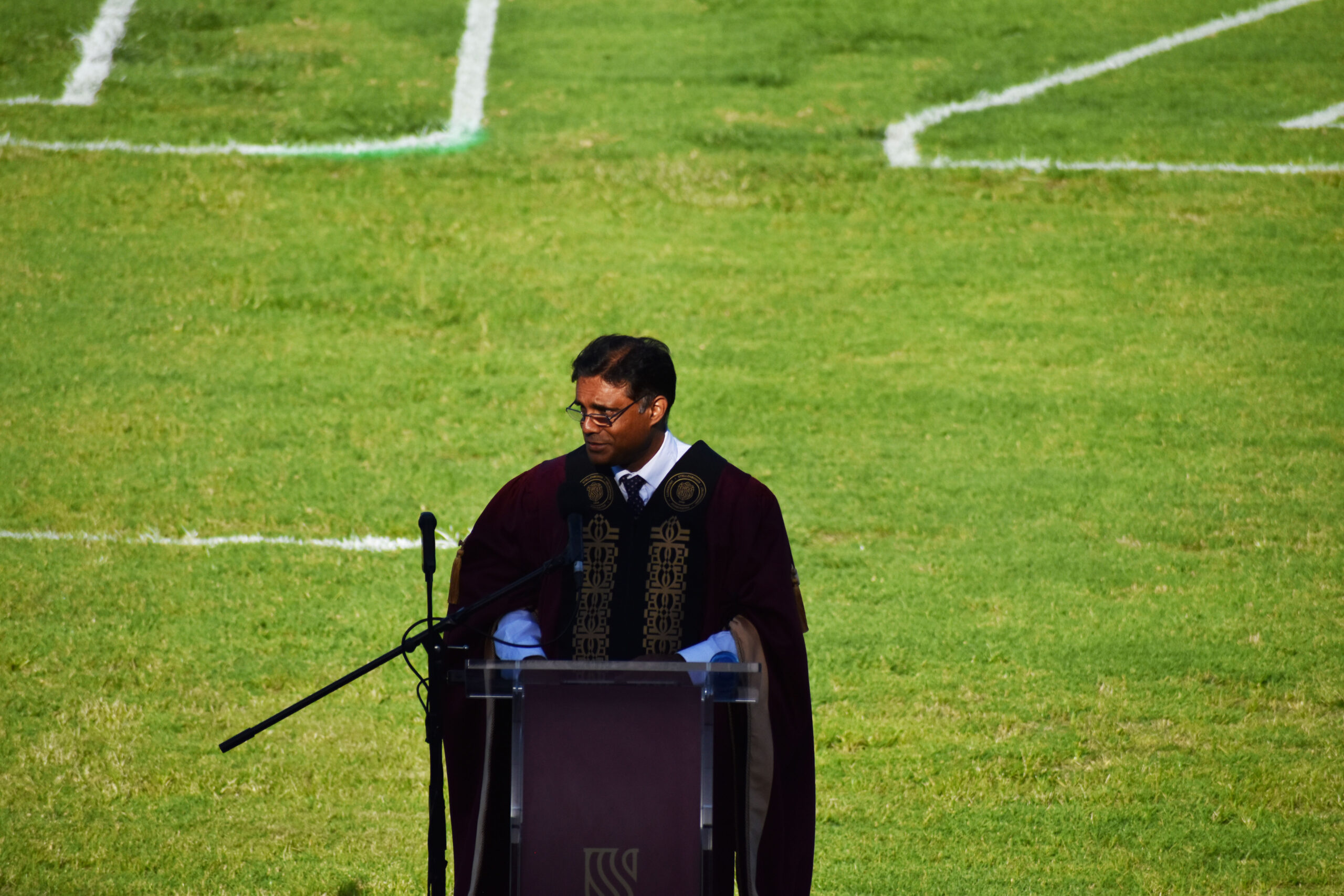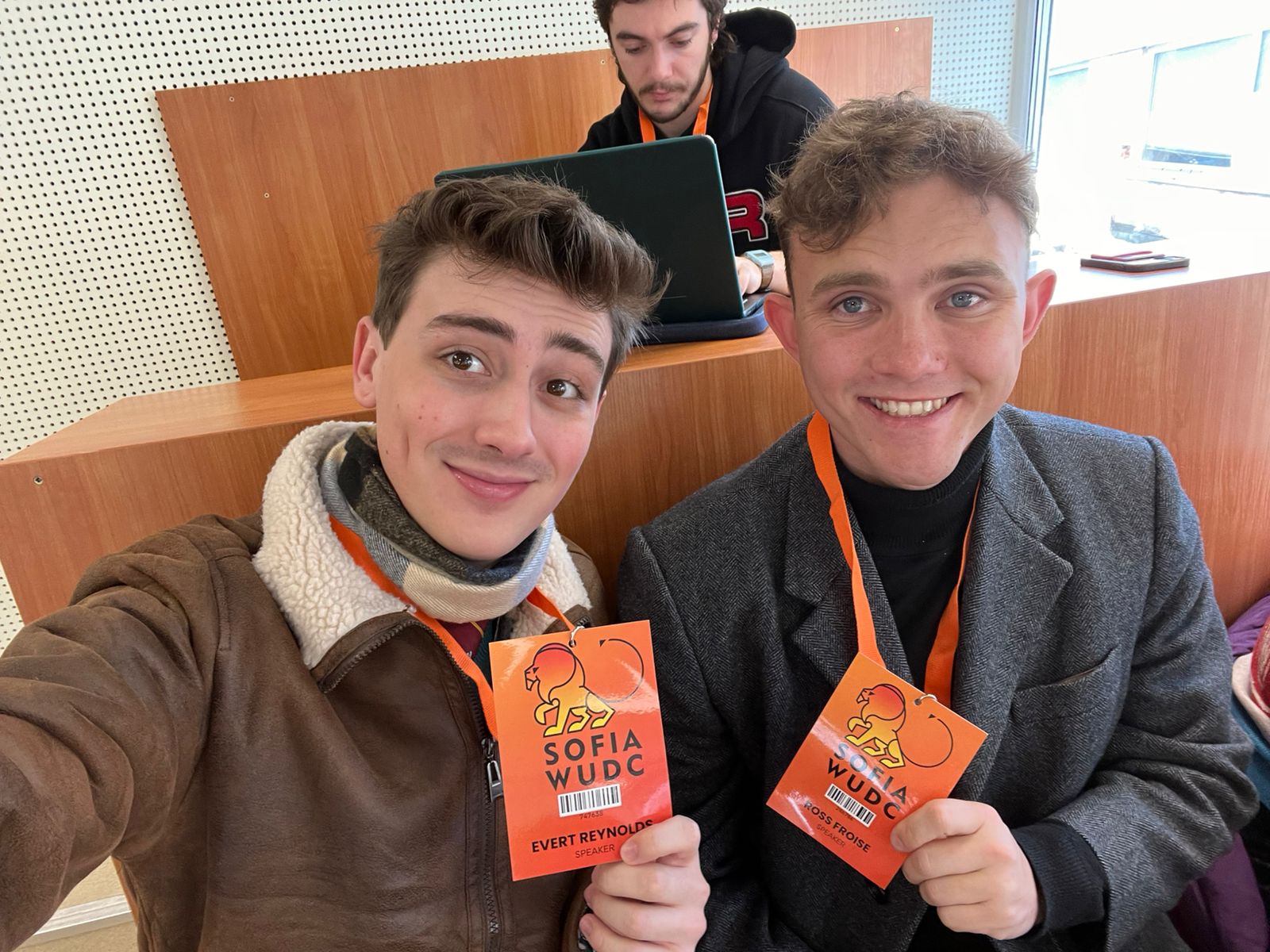Gizellede Götz
The topic of inequality regarding visiting hours at men’s residences and female ‘s residences has led to the PK (prim committee) forming a task team to propose a new policy to Stellenbosch University (SU).
The University’s rules regarding visiting hours in residences differ depending on whether the residence is a men’s, women’s or mixed-gender residence. The rules state that men are allowed in the rooms of female residences only on Saturdays and Sundays between 19:00 and 23:15. Men are also allowed to visit in approved lounges during the week until 23:30 and until 00:45 on Fridays.
Taking this in to account, most female residences on campus are transgressing the University’s official rules, since they are following their own set of rules which do not comply with the university’s.
The rule for visitors in male residences and mixed residences allow two visitors per resident. These visitors are allowed in resident’s rooms from Monday to Thursday and Sunday from 07:30 to 01:00. On Fridays and Saturdays these visitors are allowed to stay until 02:00.
Nelrine Beyers, prim of Lydia, stated that everyone in the student community agrees that the University’s policy is very unequal and outdated and does not reflect the values of SU.
“The unhappiness about the policy is mainly about the fact that the University has made no attempt to change the blatant unequal policy,” she said.
According to Cindi Pretorius, prim of Minerva, the PK has a task team whose main goal is to gather information on the current visiting hours and the SU policy.
“Their aim is to follow the right channels and propose a new policy,” she said.
Riana Engelbrecht, ResEd Manager at the Centre for Student Communities, and Pieter Kloppers, Director of Student Communities, stated that the existing rules in different communities is both a product of history and the expectations of the role players in the different student communities.
“Any existing rules are a reflection of the weighing up of the different expectations and interests like it was seen at a certain point. It is naturally so that the expectations can change over time and that there can be new ways of thinking about the existing rules and norms. The weighing up takes all the values of the environment into consideration at the same time,” Engelbrecht and Kloppers said.
“The solution that the question refers to can be initiated in different ways. A petition can be such a starting point.”
A petition led by Harmonie stated that the University’s policy is “regressive” and “sexist”.
According to Monica du Toit, Head of the Transformation Office and the newly appointed residence head of Monica, the principle of taking part in decisions that affects you is a very healthy one.
“I think with any rule it is a good thing to revise it and to look at who is affected by it, are the affected people taking part in it and is it still relevant. The problem with a rule that was instated in the past is that people are quick to say that it must go, but they need to talk about it and think about the fact that there might be parts of the rule that is functional although it might be sexist,” said Du Toit.
Monica residence will have a critical engagement about the feeling of inequality created by the University’s policies.
“I don’t believe that all women will agree about the policy, I don’t believe all people are affected in the same way and I don’t think the pros and cons have been debated enough,” said Du Toit.
The petition that was set up by Harmonie residence said that the University’s policy restricts the freedom of women in the residences. The petition appeals for the university to implement a universal policy that is fair and equal and that residences will be allowed to use their “own discretion when determining visiting hours and the allowance of sleep overs,” and that the visiting hours “reflect the sentiment that the students in residences are adults” and that the policy implemented “reflects the image of an equal and non-discriminatory university”.
“What is more difficult in the process, is for the communities to clearly articulate what it is that they want for their environment,” added Engelbrecht and Kloppers.
There was a PK meeting last night where the matter of the inequality of visiting hours were discussed, but at the time of print the PK meeting was not yet concluded.



